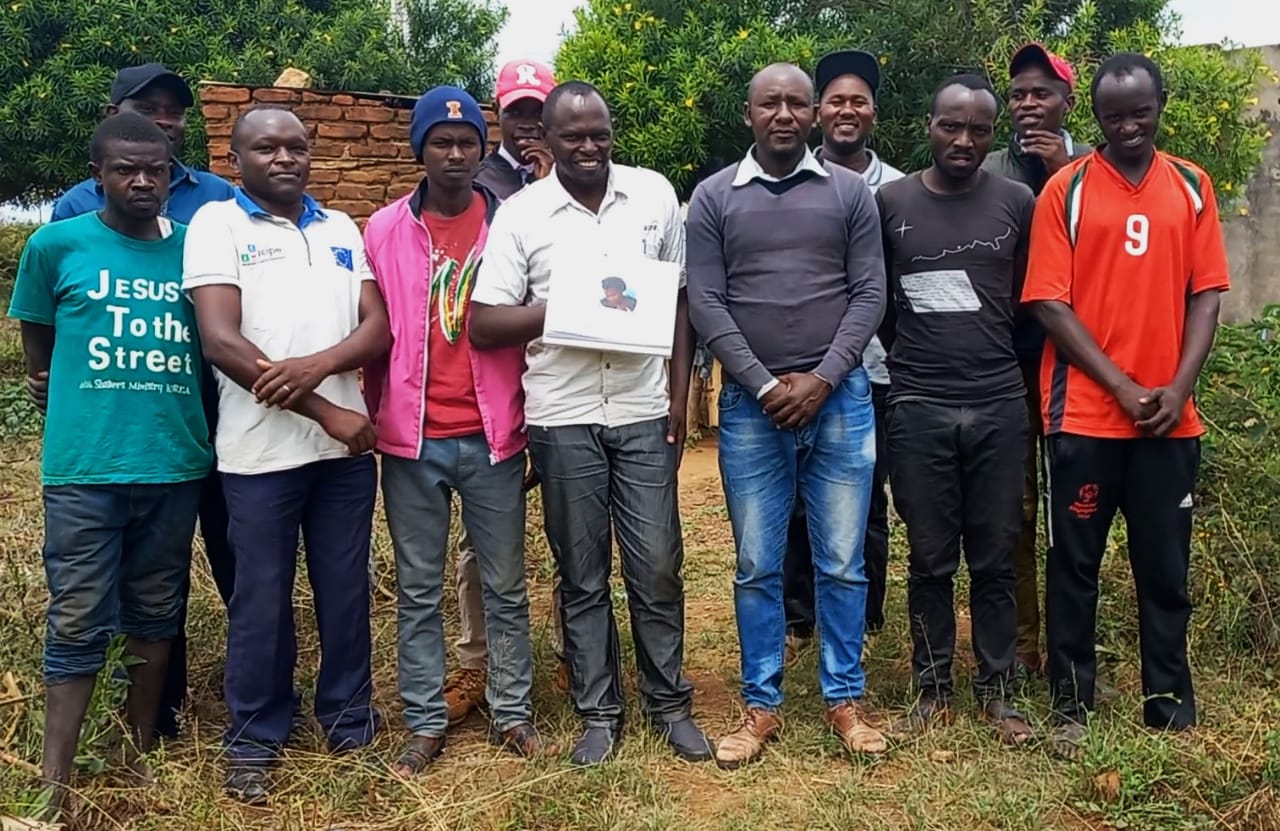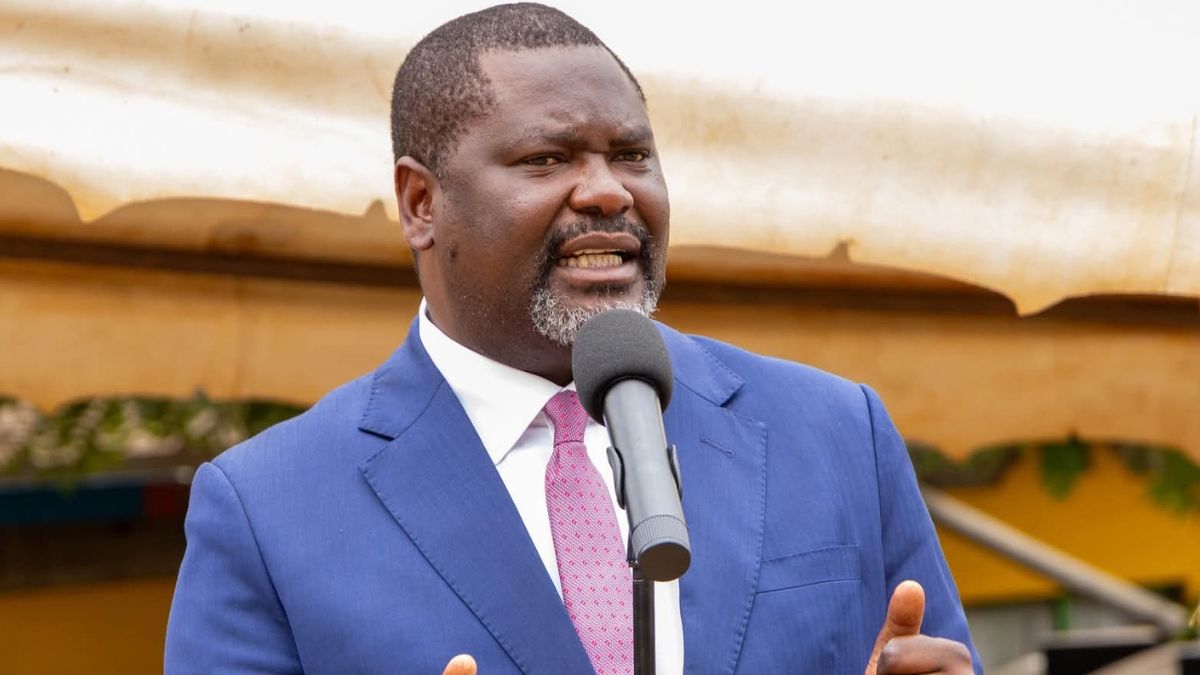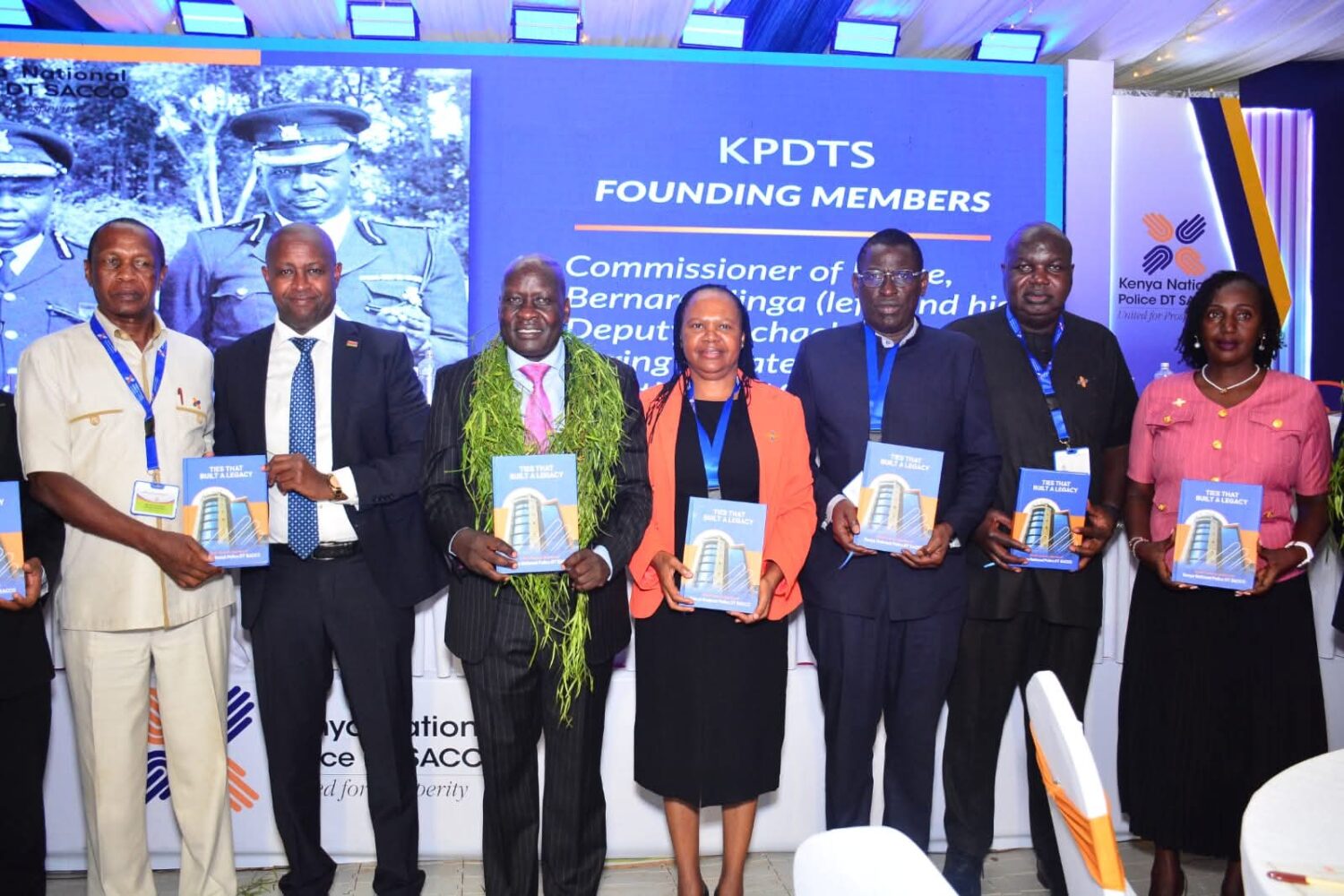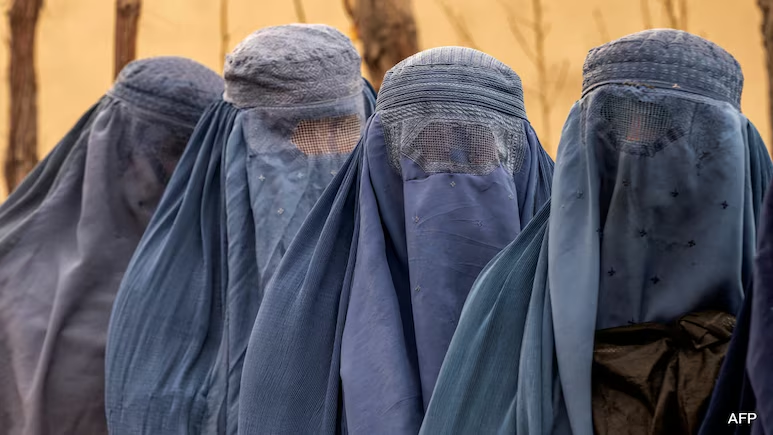In the heart of Kasalani-Muvau/Kikumini Ward, a rural village in Makueni County often overlooked on maps, women’s health was a topic spoken only in hushed and muzzled tones if at all but that silence has been broken by an unlikely group of men.
The group consists of not doctors or politicians but farmers, teachers, shopkeepers and ordinary men who had seen enough of the quiet suffering around them.
It started with Ambrose Mutiso, a peasant farmer, whose young wife nearly lost her twins from preterm birth which is a leading cause of infant mortality and long-term neurological disabilities.
With no one to help him carry on with the normal household chores, he continued to suffer in silence with stigma preventing him from asking for help.
Mutiso who is a vocal leader in the area realized that knowledge alone could save lives and he decided to work on it. So, he became something new, a Community Health Influencer.
Trained by the department of health in Makueni County and Jhpiego, an international NGO which deals with child and women health, Mutiso learned about reproductive health, maternal care, menstrual hygiene and nutrition. Then he took it further by forming a group of men called Father to Father who have been talking at the markets, churches, funeral ceremonies and football matches.
The group which consists of more than twenty members has also turned to social media platforms to send health tips in the local language.
A Father-to-Father program is a mentoring program that sets knowledgeable fathers with fathers who need support aiming to improve parenting skills, increase involvement in children and mother’s lives and strengthen families.
‘‘To make it firm and sustainable members contribute Ksh 250 per month which we put together to purchase goats to support our members in case of an emergency’’ Said Mutiso.
As a way of reaching a big number of men for behavior change, others have joined; Shadrack Muthiani Kingoe, a Community Policing Head in Kibwezi Sub County in Makueni to introduce “Afya Talk Barazani.”
The forum helps a community health promoter/influencer or an expert with an opportunity to amplify matters of health especially on reproductive health, nutrition, maternal health (including prenatal, delivery, and postpartum care), newborn health, child survival and early childhood development.
These components are crucial for achieving optimal health outcomes for both women and children.
Chief Ngutu, a senior administrator in Nzambani Location in Kambu Sub County, stood in front of a gathering and said, “A strong woman builds a strong family. Her health is our responsibility.”
Kivu Ngutu popularly known and called by the villagers is part of the general formed Health Networks to champion for women’s health where men are trying to reshape the community. Ngutu also uses local radio stations and social media to reach a wider audience.
Over time, maternal deaths have dropped. Girls are staying in school longer. The village clinics which were once avoided have become a hub of trust.
Samuel Musyoka, a youth leader said he’s going to be a voice of reason, where young men pledge to accompany pregnant partners to clinics.
“When men speak for women’s health, change doesn’t knock, it walks right in.”
He told men why their wives’ pain wasn’t “just a woman thing.”
Makueni County ECM for health Dr. Paul Musila cites the greatest change being not in statistics but in mindset.
Women, once silent about their health needs especially those suffering from obstetric fistula for years are now speaking up.
This initiative which is fully supported by the county government and its partners has helped Makueni achieve a milestone in maternal health by recording zero PPH deaths since 2022 because it’s centered on encouraging pregnant mothers to deliver in hospitals.
The County government of Makueni is collaborating with the Okoa Mama na Mtoto Initiative (OMMI) and Women in Development to address issues related to women and child health where journalists through Wanahabari org. are involved.
Specialist Prof. Anne Kihara, the lead champion of the Okoa Mama na Mtoto Initiative, says for Kenya and Africa to achieve this, at least 90% of expectant women should attend a minimum of four antenatal care (ANC) visits, while 90% of births should be assisted by skilled healthcare professionals.












